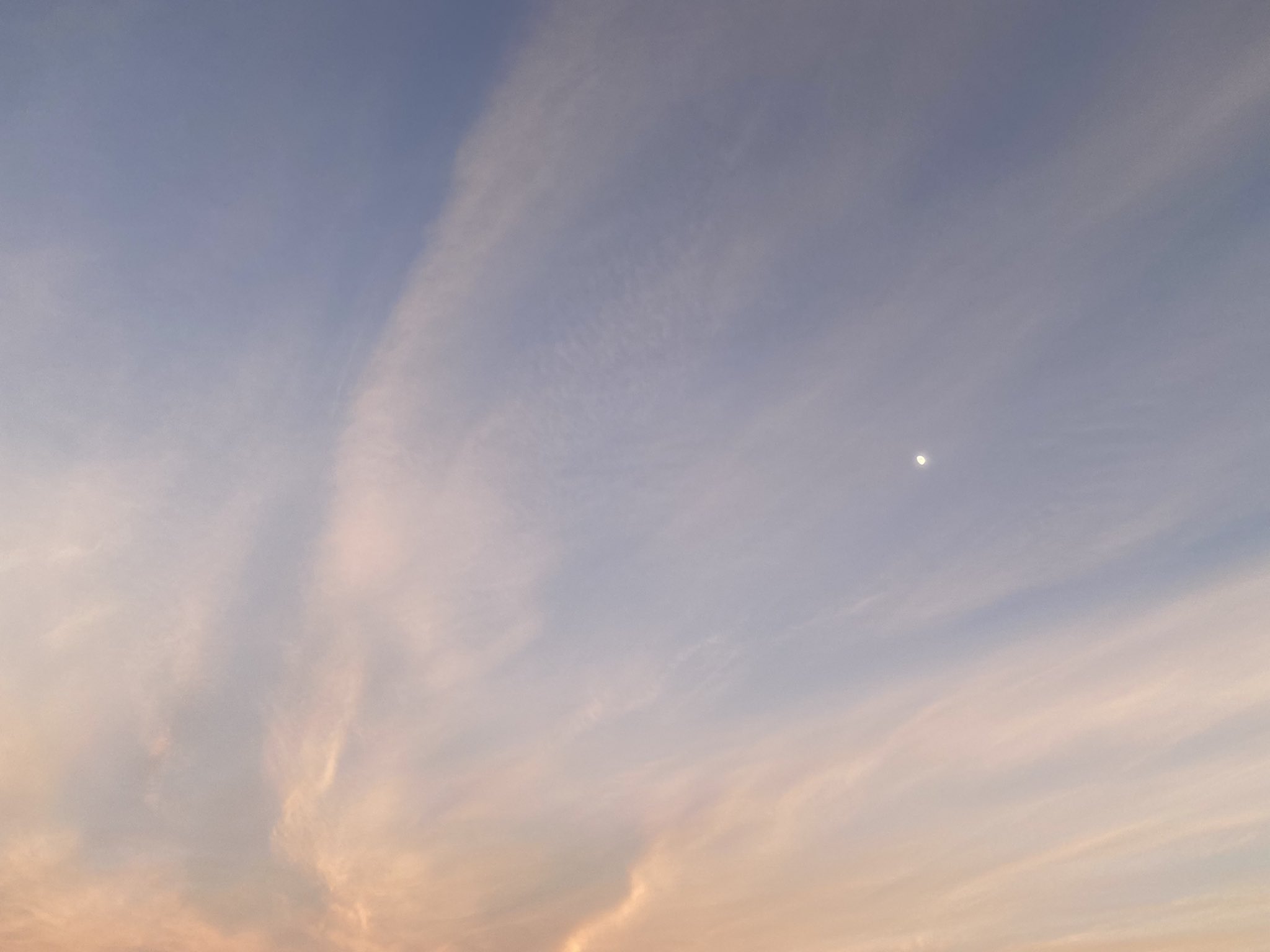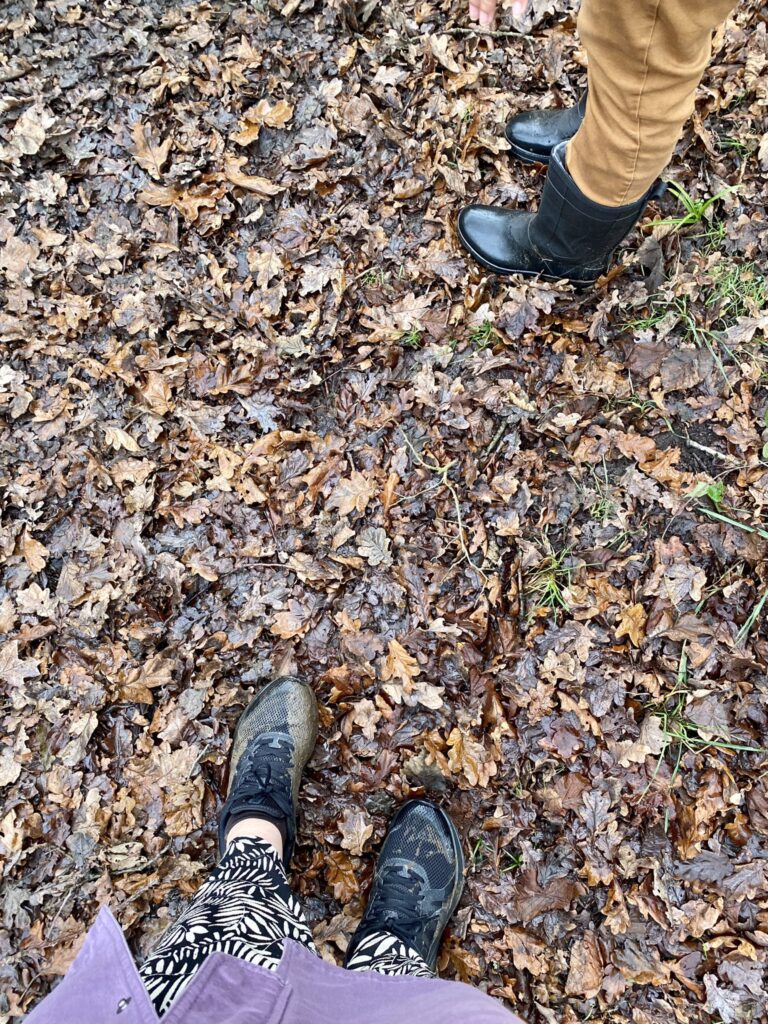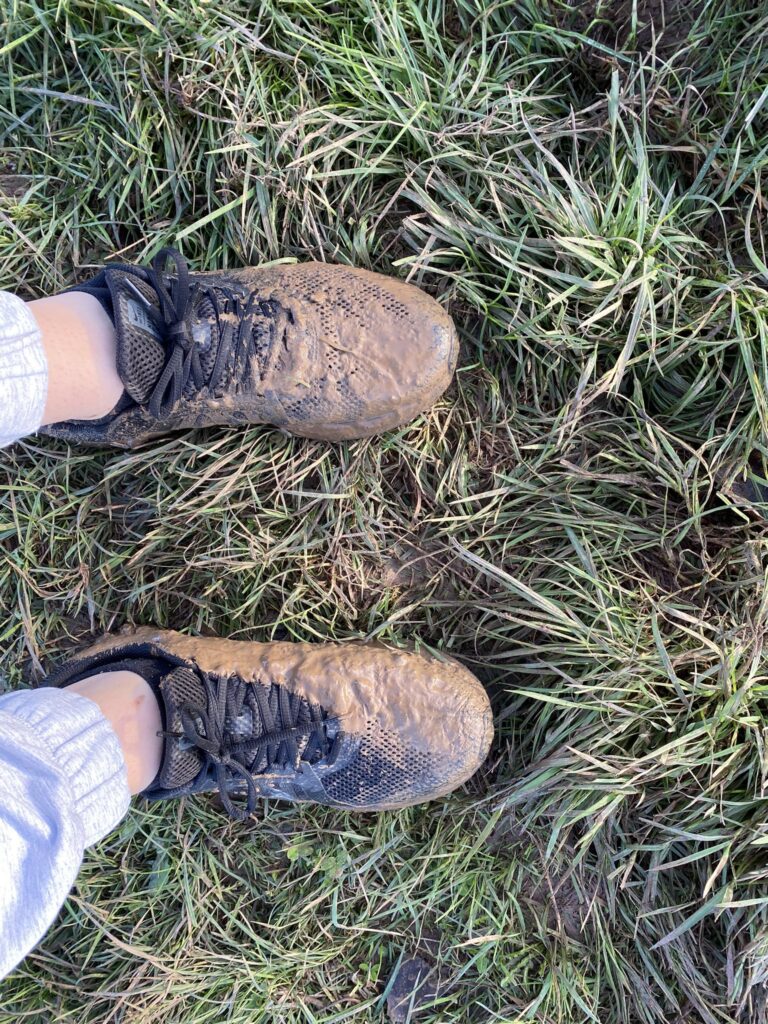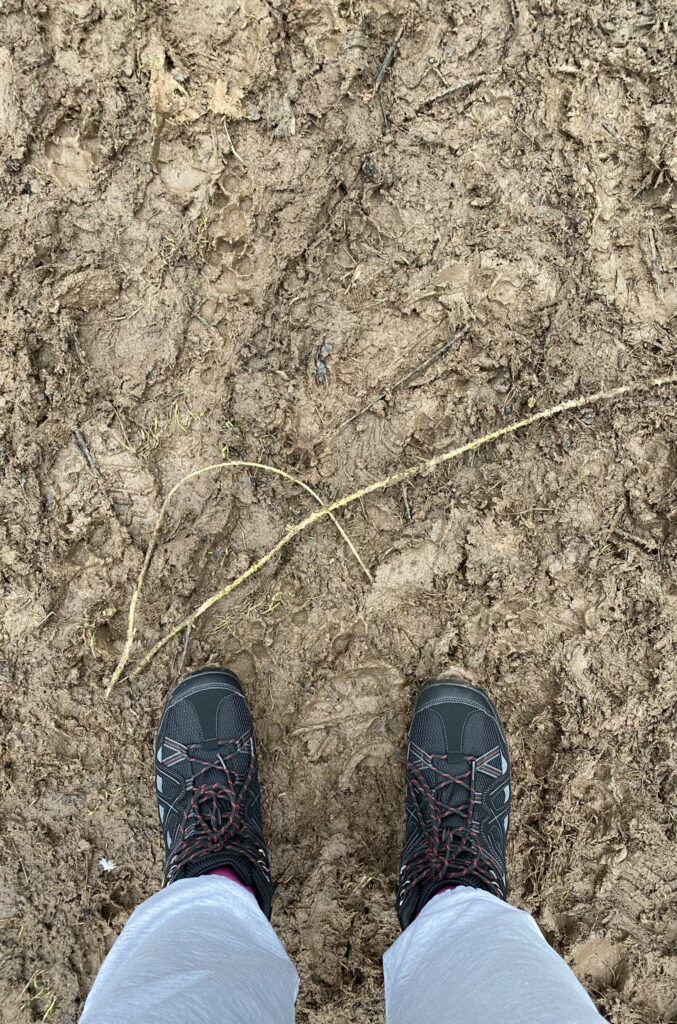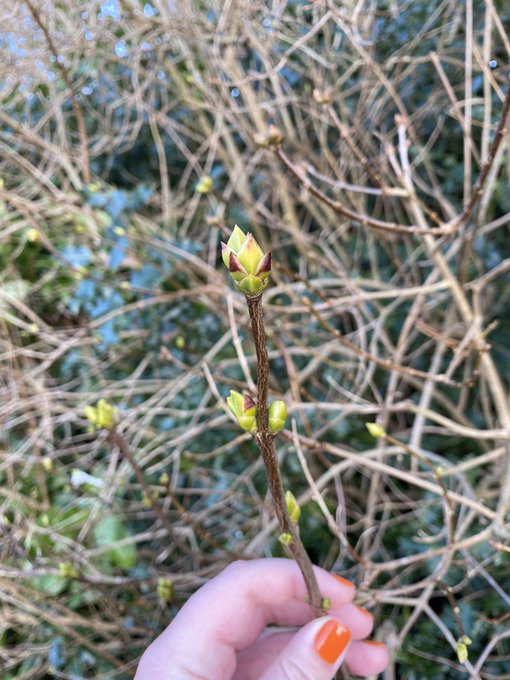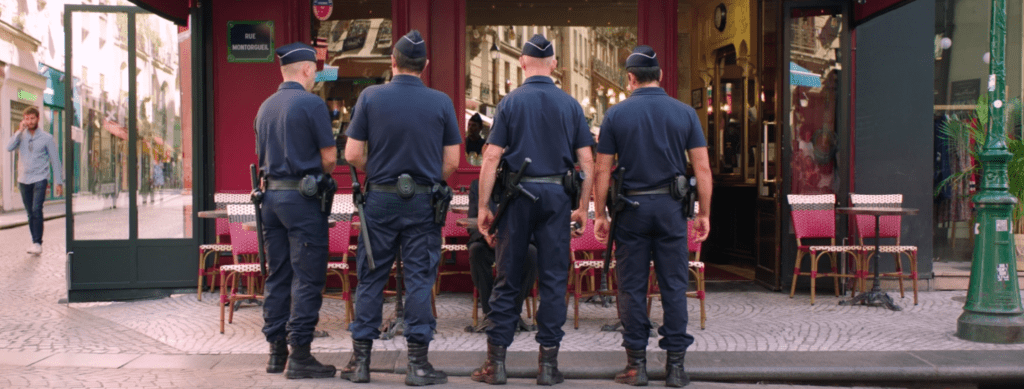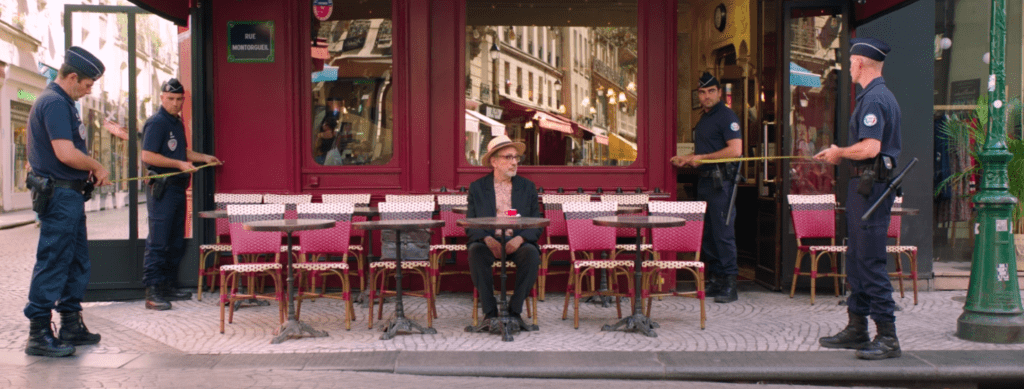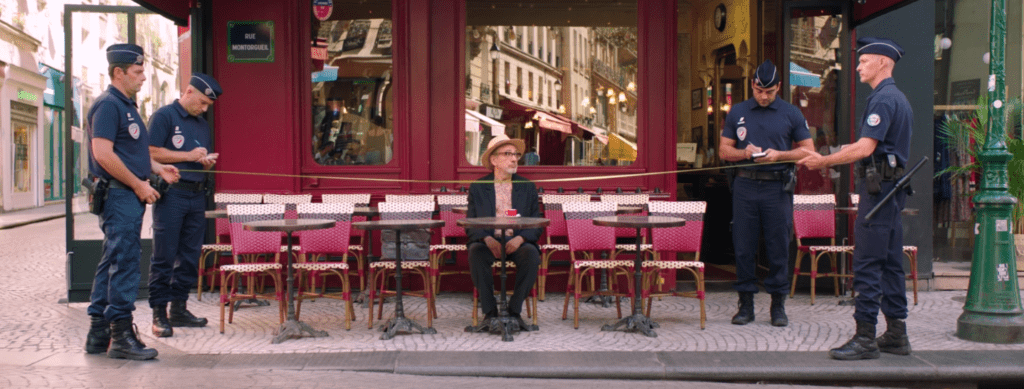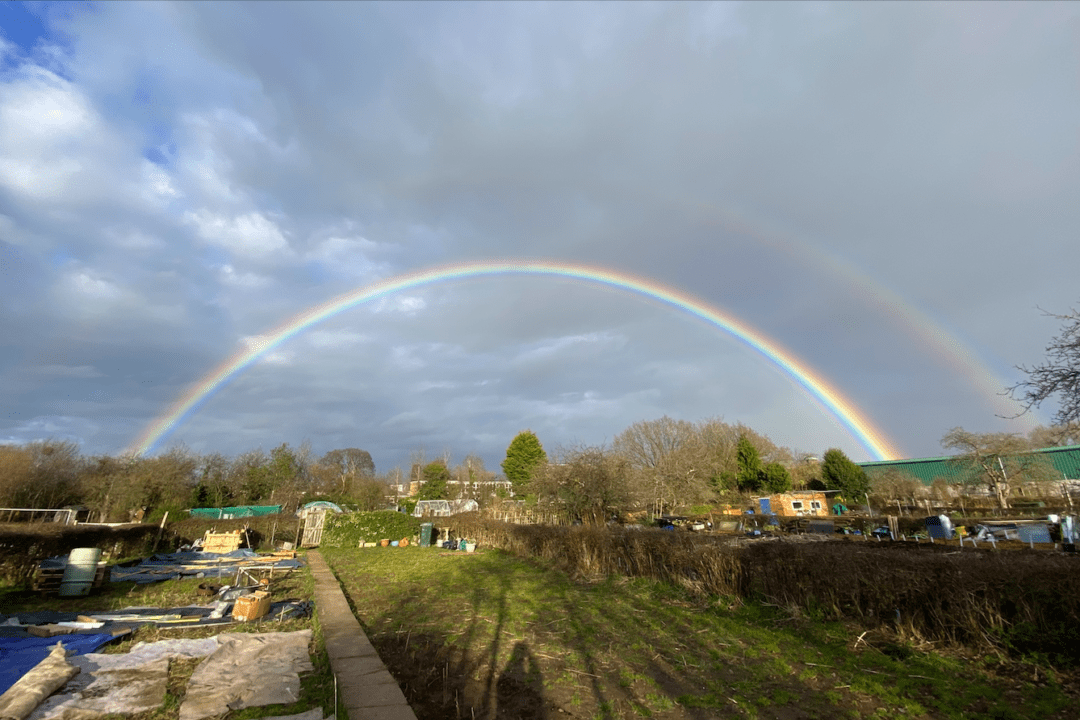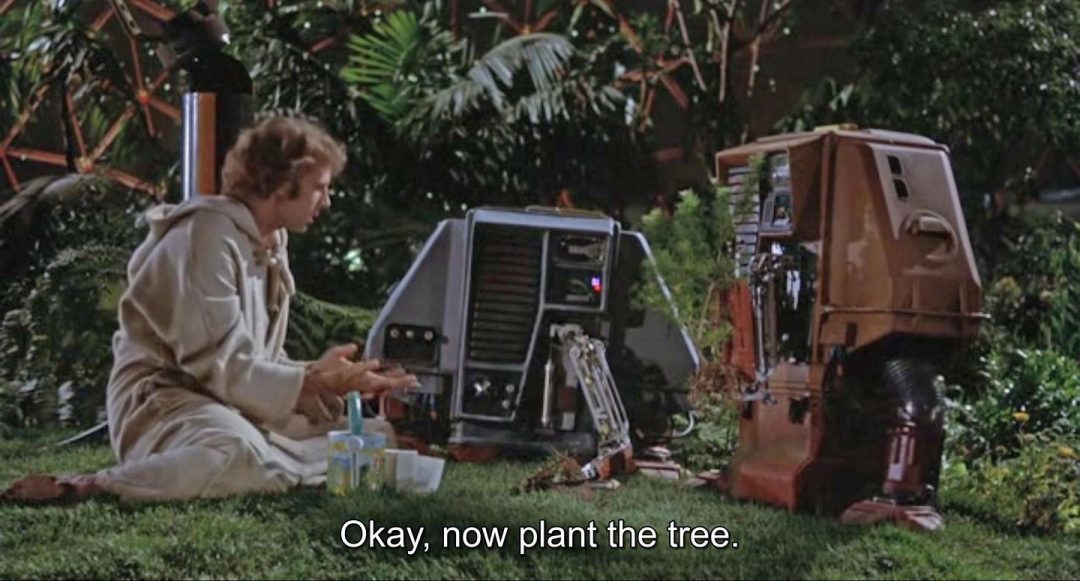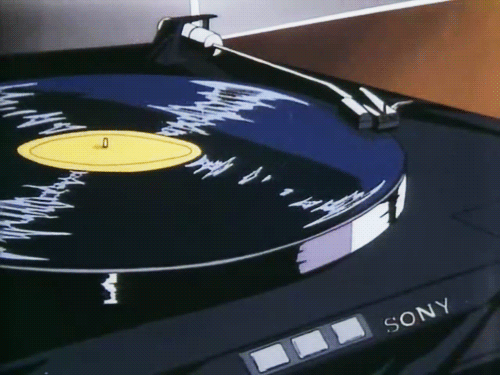I started writing this as a kinda antidote to attempting to write a post about leaving my post at Coventry University last month. Frankly it’s a pretty miserable thing to do as it just surfaces all of the bad which right now overwhelmingly overshadows the good. But in the long run I’m pretty sure it would be useful for me to process things and have a record of all the hard work and the values I tried to instil into that work. Writing a post focusing on positive stuff that has happened this month seemed a good way to bring balance.
The last few months have been extra hard with winter sadness on top of depression, but for the last couple of weeks I’ve felt more like myself as the days get longer. I’ve recently found myself more readily processing information and not getting so overwhelmed by smaller tasks. It finally feels like after a very long time the cognitive dysfunction of depression is slowly easing. A lot of this comes down to me making big life choices for myself, about work and health and the future, which were by no means easy but I’ve taken back agency for myself and feel confident in those choices. I have consistent routines for myself with meditation, physical exercise, eating and positive thinking exercises that are the backbone of my recovery. I also feel more steady in my relationships with family and friends. All of this has helped me find moments of peace and contentment – something I haven’t felt for a very long time.
A big thing that helps my mental health is going on daily walks. I probably average walking a two hour walk five days a week. I have set routes I do for most days, and on weekends I head somewhere a bit further afield. Exercise itself is good for mental health because it releases happy hormones and endorphins which alleviate physical pain. Also by exercising for an extended period of time the exertion brings your bodily stress up to match your emotional distress, and as you warm down from the exercise your emotional distress lessens as the bodily stress decreases. Sometimes our physical sensations get out of sync with our emotional feeling, and then this makes it harder to regulate emotional responses or recognise instinctively the links between physical, emotional and behavioural responses. This matching bodily sensations with emotional state allows the brain to recalibrate. You can do a similar thing by taking a cold shower if you are suffering with anxiety and stress. You can also practice recalibrating with mindfulness exercises like the Body Scan if you struggle with anxiety, stress or physical pain and Progressive Muscle Relaxation (PMR) if you struggle with depression, PTSD or sleep difficulties – both are very similar in that they train you to focus in on how your body feels and to feel calm but they work slightly differently to support different needs.
There’s also lots of research out there about how being in green spaces is great for mental health and wellbeing. Let’s be honest, it’s kind of obvious seen as it’s a very new phenomena in the history of humanity for humans to live in mass urban sprawls, and especially to be inside all day. Feeling the wind or sun or icy cold on my face helps me get out of my thoughts and focus in on the now. I love spotting birds, watching things grow and foraging for fruit and herbs, so being outside connects me to the things I enjoy and helps me feel like me.
I’ve been lucky to spend quality time with family last month and we had another get together this past weekend. Being in the same space, just chilling and sharing time feels super precious. I have a few plans to travel to see friends and family in February. I’m really looking forward to it (which in of itself is a big deal as I still struggle with lack of motivation and emotional numbness in the face of good things) but it’s also a big personal milestone as for the past 18 months or more I haven’t travelled anywhere on my own and haven’t travelled by train. Last week for the first time since getting very ill I travelled on my own by train to Birmingham (a 25 min journey) to go to the cinema for the first time since the pandemic. Both incredibly mundane things at any other point in my life but felt like a big deal leading up to it. I want to make more plans for the spring to travel about more and maybe plan some walking trips. All of this would have felt utterly impossible even just a couple of months ago.
Things I watched
I’ve enjoyed watching random episodes of Winter Walks and Walking With…, two BBC series where each episode a UK personality goes on a walk in the countryside on their own with a 360 camera and talk about their surroundings and personal anecdotes that come to mind. Super chill and nice to see different parts of the UK. For similar chill life-affirming vibes Digging For Britain, The Repair Shop, Building Off The Grid are my go-tos for anytime watching. I suppose they’re all programmes where the people featured are focusing in on what is important to them or how their lives connect to others. And I like making things and learning about different processes, whether that’s analysing historical artefacts, re-upholstering your great aunt’s armchair or building a solar powered yurt 4 hours away from any other civilisation.
I watched twelve films this month. One I particularly loved was Elia Suleiman’s It Must Be Heaven (2019). Entirely made up of vignettes portraying absurd moments from everyday life, It Must Be Heaven meditates on statehood. As Suleiman (protagonist, writer, director) moves from Palestine to Paris to New York he experiences repeated rituals, behaviours and frustrations across all three places he tries to make home. There’s several meta moments – one where a French film studio representative is telling him that his latest film idea cannot be funded by them as they’re looking for a distinctly Palestinian film and his proposed film although set (partly) in Palestine could take place anywhere. The majority of shots are flat on to the scene, making use of symmetrical architecture with characters in vignettes often moving with symmetry, repetition or in threes. Similar observations and encounters with police are made across all three places, satirising their body politic and what it is to be citizen. It’s visually beautiful, gentle, funny and insightful without ever lecturing or insisting on an audiences’ position.
I went to The Electric in Birmingham to see Kenneth Branagh’s Belfast (2021). I chose that screening mainly because I knew it would be pretty light and whimsical compared to other films showing – so suitable for this first lone excursion. Set in 1969/70 early in The Troubles, it’s a story inspired by Branagh’s own childhood growing up in Belfast. It follows a young boy as his working class family and neighbours navigate brewing sectarian violence. The film lacked consistency in the perspective from which the audience was meant to be viewing the story – it was largely given from a filtered child’s view but then also included many details that would be unknown to a child, like the motivations of local actors in the conflict and the exact ins and outs of the parents financial situation. But I enjoyed seeing actors like Jamie Dornan’s character performances and an intimate portrayal of recent social history that I only really know through representations in tv and film.
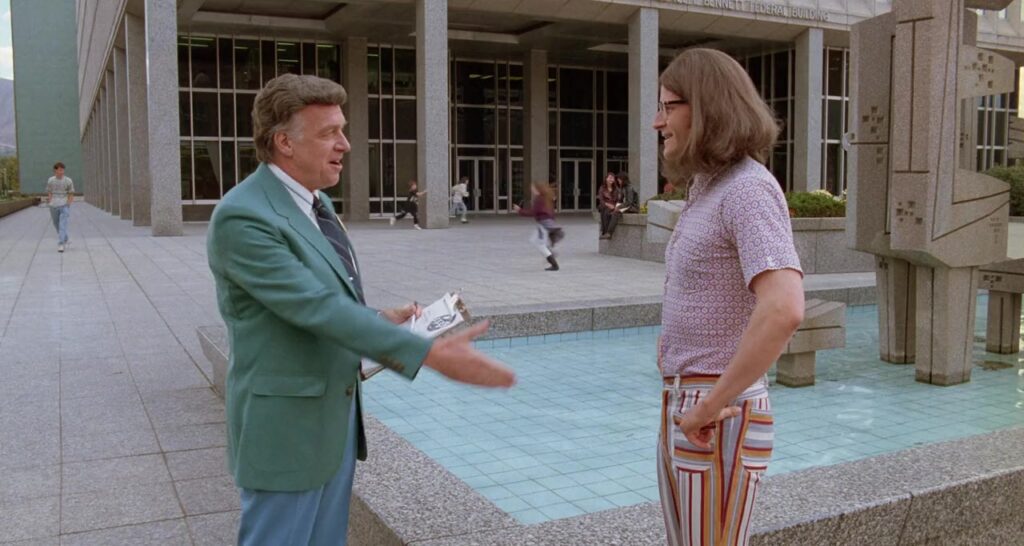
I met up with friends for another movie and pizza night. We watched Face/Off (1997), Rubin and Ed (1991) and Ghostbusters (1984), all of which I had not seen before. I’ve wanted to watch Face/Off for a while mostly because John Travolta and Nic Cage in the same film will always be an experience. I absolutely did not expect to love it as much as I did. By cruel contrast Mandy has wanted us to watch Rubin and Ed together as a group for a while as it’s a film she loves. It’s an excruciating road movie type comedy, comparable humour wise to Napoleon Dynamite but nowhere near as good. It’s set in Utah and written and directed by Trent Harris who is based in Utah … but weirdly got picked up by Working Title so is listed as a “British comedy”. Unsettling and painful beginning to end, I’m happy Mandy got to watch it with us but I’m glad I’ll never see it again. I would have been perfectly fine never seeing Ghostbusters. Pretty badly put together with forgettable characters except for Bill Murray as the gross-out sex pest. We started off strong and then the rest of the night was fun purely down to the lovely company, which is pretty much how our movie nights go.
Food I cooked that made me happy
- Thai green curry with carrot, baby corn, bamboo shoots and fake beef strips with sticky rice
- Soy-glazed tofu and broccoli stir-fry
- Egg-fried rice and broccoli stir-fry
- Tomato and broccoli omelette
- Matar paneer with basmati rice
- Veggie lentil lasagna
- Peanut butter and banana sandwich on wholemeal toast
- Celery sticks with dairylea
- Pea and mint soup
- Celery soup
- Mushroom and spinach omelette
- Every cheese salad sandwich
- Vegetable soup
- Facon, egg and tomato on sourdough
Food I didn’t cook that made me happy
- My first hot cross bun of the year, and each one following
- My mum’s nut roast at a family Sunday dinner
- Bakewell tarts David made and gave me carefully wrapped in tinfoil
- Carrot cake that my uncle and his grandkid brought round
- Salted caramel chocolate thins Mandy gave me at Christmas
- Fancy fudge that Matt gifted for Christmas (especially the sticky toffee pudding one)
- My mum’s bean stew with dumplings
- My mum’s bangers and mash
- My mum’s carrot and coriander soup
- Royal Cha sushi
